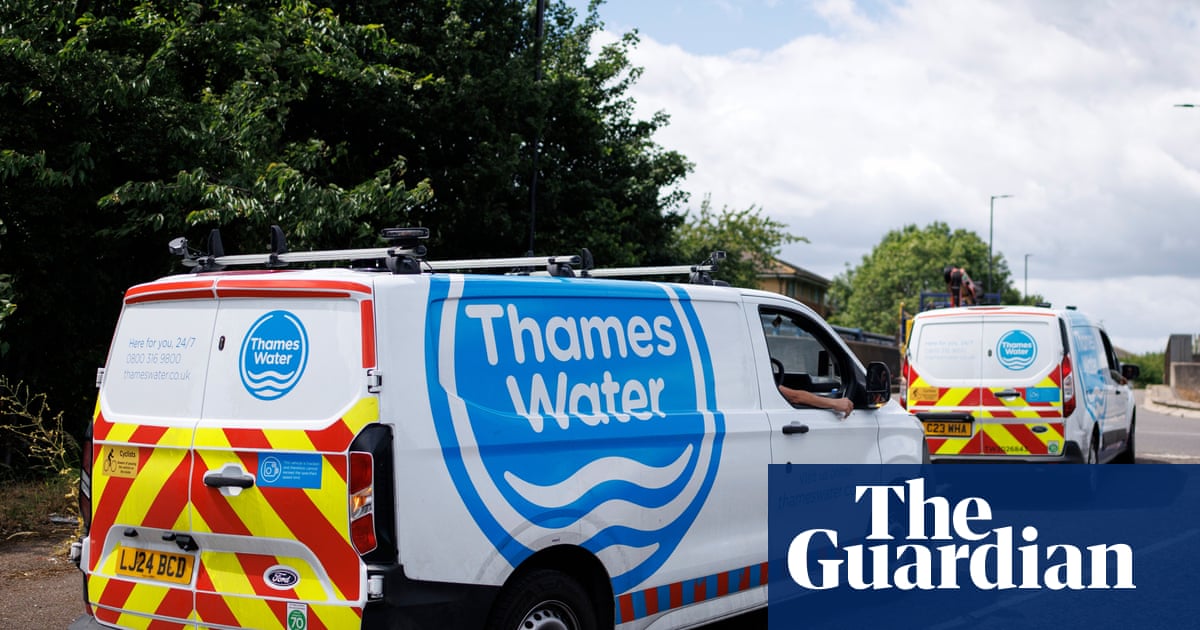Thames Water should be placed into temporary government control to avoid setting a “deeply troubling precedent”, according to bondholders who face losing all of their money in the latest rescue bid.
The struggling utility is under the control of a group of lenders who hold the bulk of its huge £20bn debt pile. Those “senior” creditors on Tuesday revealed details of alast-ditch rescue effort with £5bn in funding, alongside writing off about £6.7bn in debt.
However, the plan faces opposition from other “junior” bondholders, as well as a host of campaigners, who argue that the government should place Thames under a special administration regime (SAR), effectively a temporary nationalisation. The junior bondholders, which includehedge funds such as Polus Capitaland Covalis Capital, argued the rescue plan would undermine “the UK’s infrastructure credibility”.
Thames Water, the privatised provider of water and sewage services to 16 million customers in London and south-east England, has lurched from crisis to crisis over the past two years as its balance sheet was stretched by expensive debt repayments. At the same time, it is under huge public pressure to stop sewage flowing into rivers and seas.
Thesenior creditors were forced to step inafter theUS private equity group KKR last week abandoned a bidseen as financially and politically complex. The company will instead be controlled by a group of 100 creditors ranging from big institutional investors such as Aberdeen, BlackRock, Invesco and M&G, to US hedge funds such as Elliott Investment Management and Silver Point Capital.
The senior creditors are keen to avoid a special administration that would probably result in most of their loans being written off. The Labour government also wants to avoid imposing a SAR, fearful of the nominal effect on the public finances.
However, as part of their rescue bid the senior creditors have asked for leniency from the water regulator, Ofwat, over future fines for environmental failures or criminal breaches of the company’s licences. Thatrequest for leniency is deeply controversial, as it would allow the senior creditors to escape deeper debt write-offs – potentially allowing some of them to profit immediately. Other water companies across England and Wales would also be likely to ask for leniency themselves.
A person familiar with the junior bondholders’ thinking said that the bid “raises serious governance and accountability concerns”.
“The senior creditors are seeking preferential treatment, including unfair immunity from environmental fines, in a process they have engineered to exclude all other stakeholders,” the person said.
Sign up toBusiness Today
Get set for the working day – we'll point you to all the business news and analysis you need every morning
after newsletter promotion
The junior bondholders are instead hoping for SAR, which they said would open the Thames Water restructuring process to a “broader range of competitive, long-term investors capable of delivering a genuine turnaround”.
A SAR would probably wipe out the senior creditors’ debts, but for the junior creditors it also offers the possibility of being able to invest in Thames Water, potentially allowing them to salvage a financial return.
